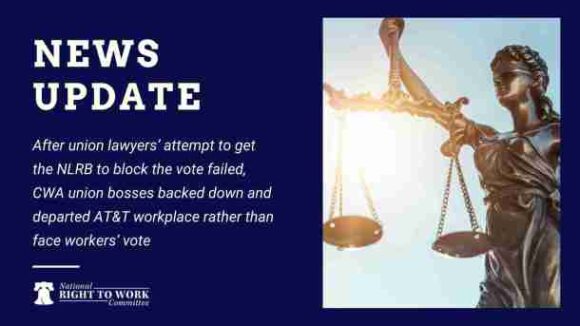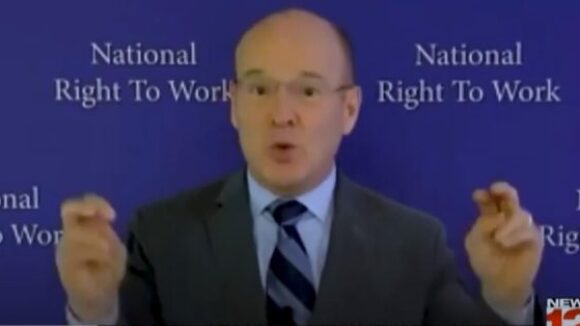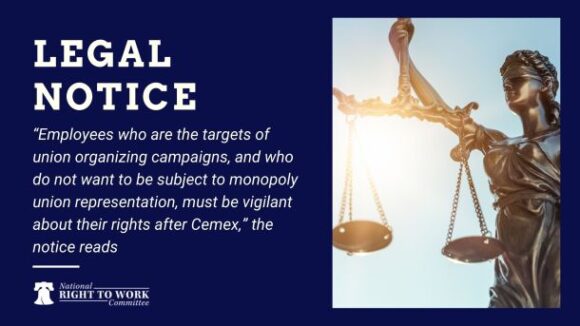If the Card Check Forced Unionism Bill were a Broadway play, negative reviews would have closed it down months ago.
Even the new version of the bill isn’t passing the smell test from America’s newspaper editors. Take this one from the Investor’s Business Daily entitled “Son of Card Check”:
Card check may be a dead issue, but companies aren’t yet free of the union threat. An anti-business provision of the perversely named Employee Free Choice Act is still under consideration.
If the card check process were to become law, the traditional method for forming a union would be replaced with a pro-union system.
In current practice, workers vote to either join the union or reject it through a secret ballot. A simple majority carries the vote. Under card check, a work force would become unionized if a simple majority signed the cards that are used to measure workers’ interest in voting on unionization.
It’s not hard to imagine that without a secret ballot, workers would be intimidated into signing cards and joining the union.
To their credit, a few moderate Democrats in the Senate believe card check is undemocratic. Their resistance is giving the majority leadership reason to strip card check from the bill. Without the moderates’ support, the Democrats don’t have the 60 votes they need to send the legislation to the floor for a vote.
But this doesn’t mean congressional Democrats have given up on passing out gifts to the unions that help elect them.
New legislation would contain a provision from the earlier bill requiring federal arbitrators to set the terms of the initial contract if labor and management can’t agree on a deal three months after a union is certified. Based on Washington’s history of pro-union bias, chances are good rulings will favor organized labor.
In addition, lawmakers are likely to attach language instituting quicker elections, giving businesses less time to show workers what they’d be getting into, and drop the standard needed to call an election from a simple majority of workers signing cards to 30%.
It’s possible the bill could include, as well, a rule that forces employers to grant labor organizers access to company property.
Businesses, workers, investors and consumers are worse off when shops are unionized.
Labor contracts cut into profits, curb growth and eclipse companies’ futures, which hurt all parties; potential workers are priced out of jobs; consumers pay more for products and services from unionized companies and often get less quality in return.
Government needs to get out of the business of propping up unions, which means politicians need to stop taking their generous campaign contributions. Organized labor’s declining membership and failing power are evidence that it’s not essential to economic advancement or a rising standard of living.


